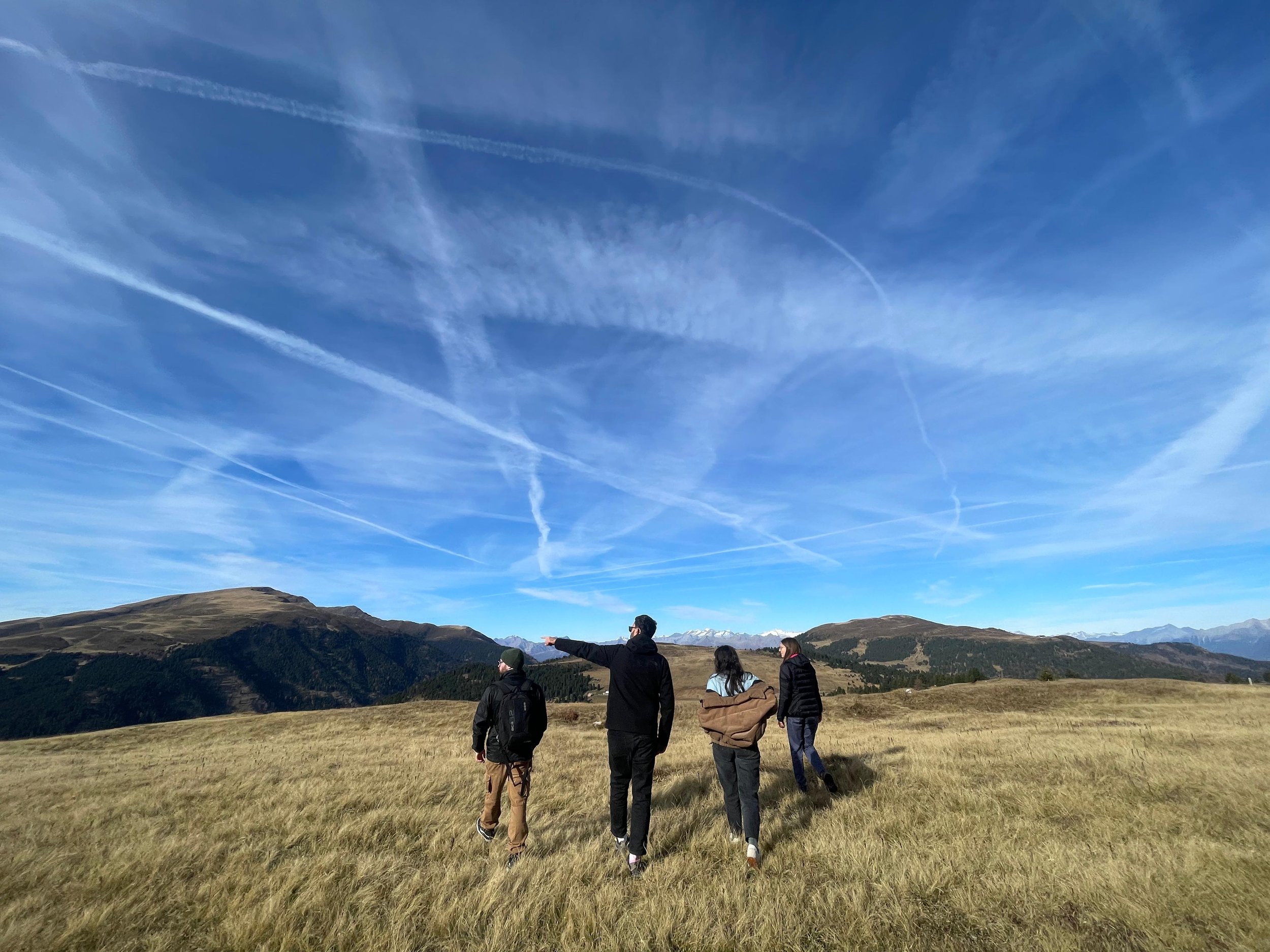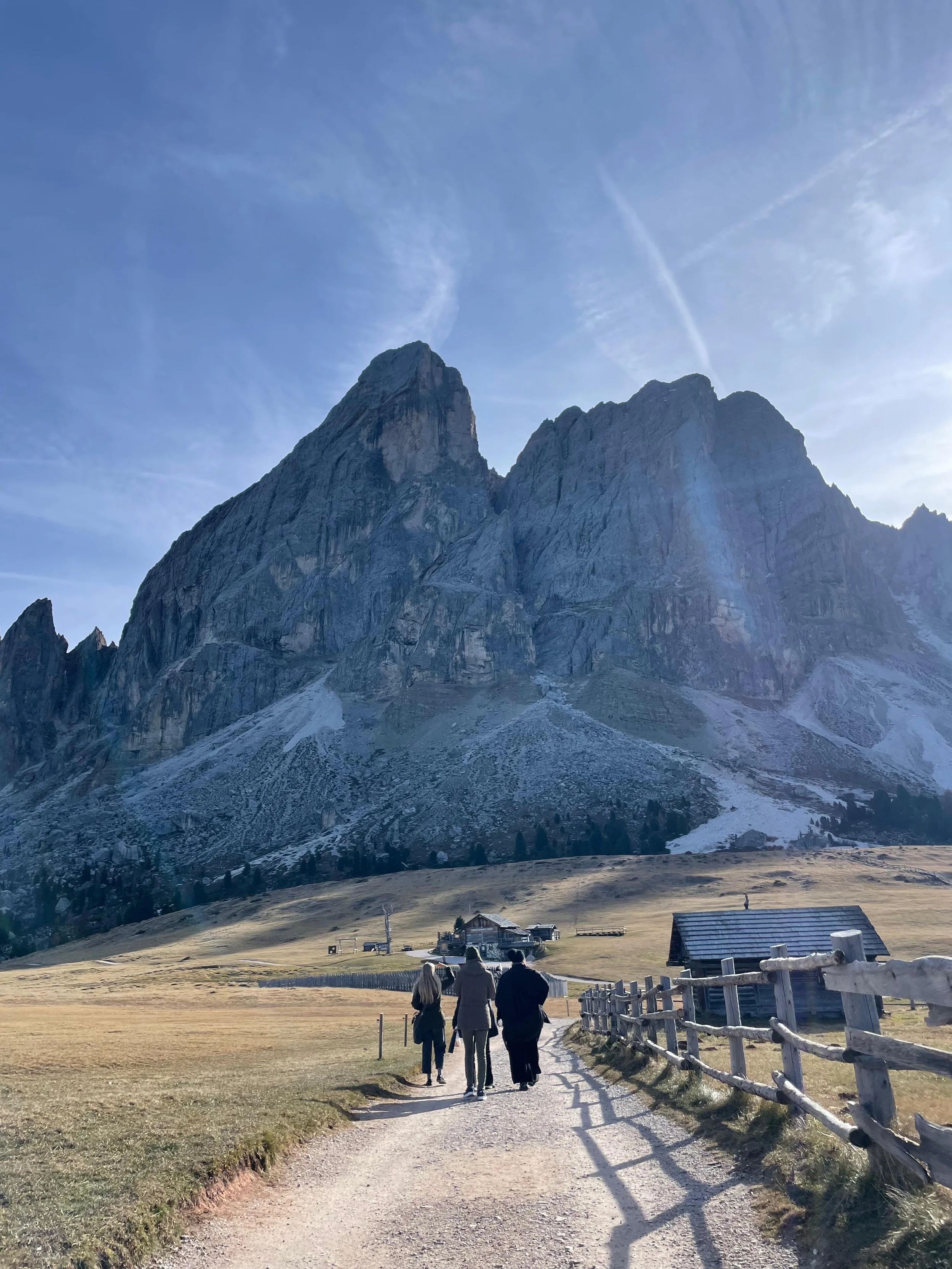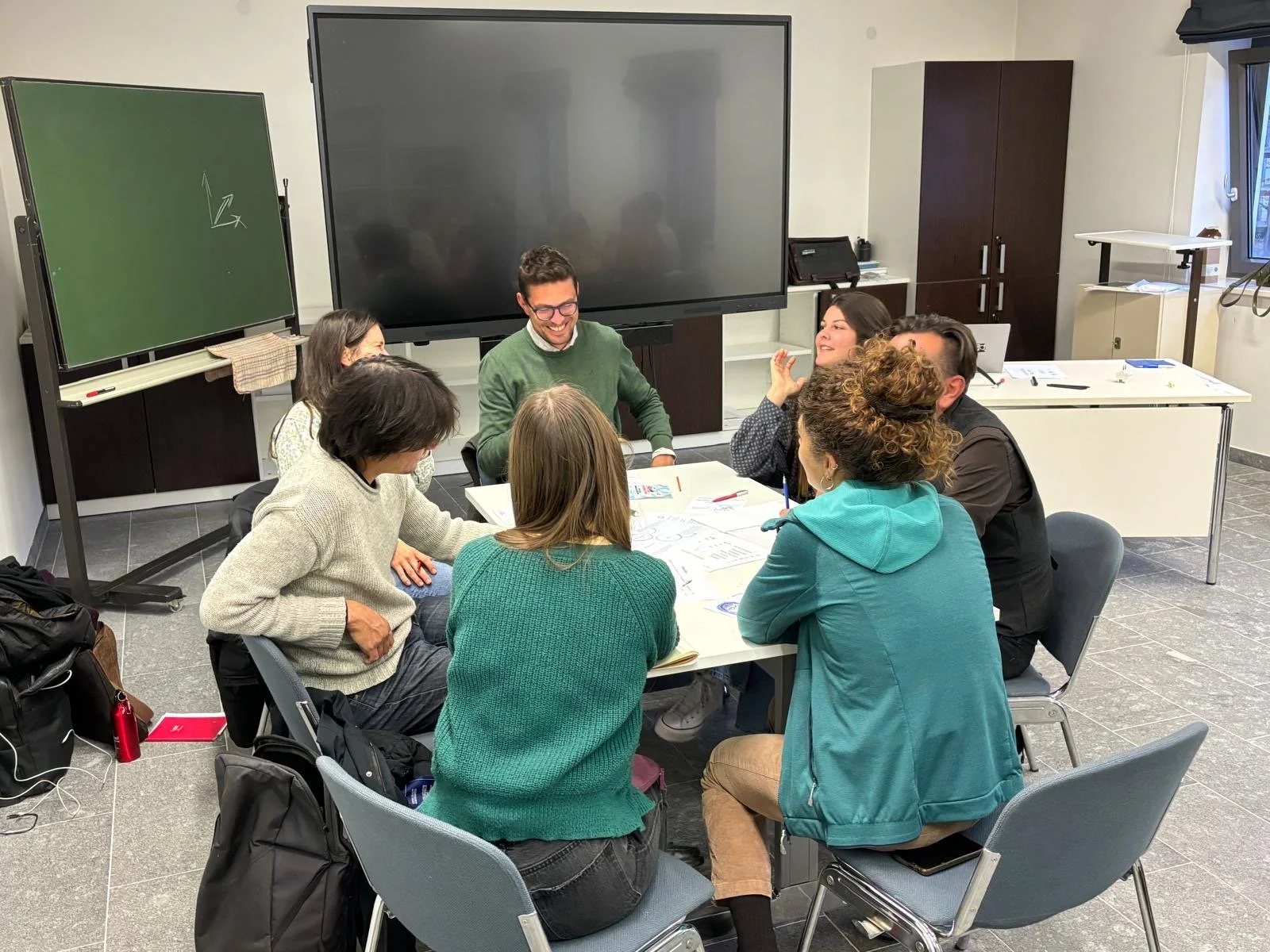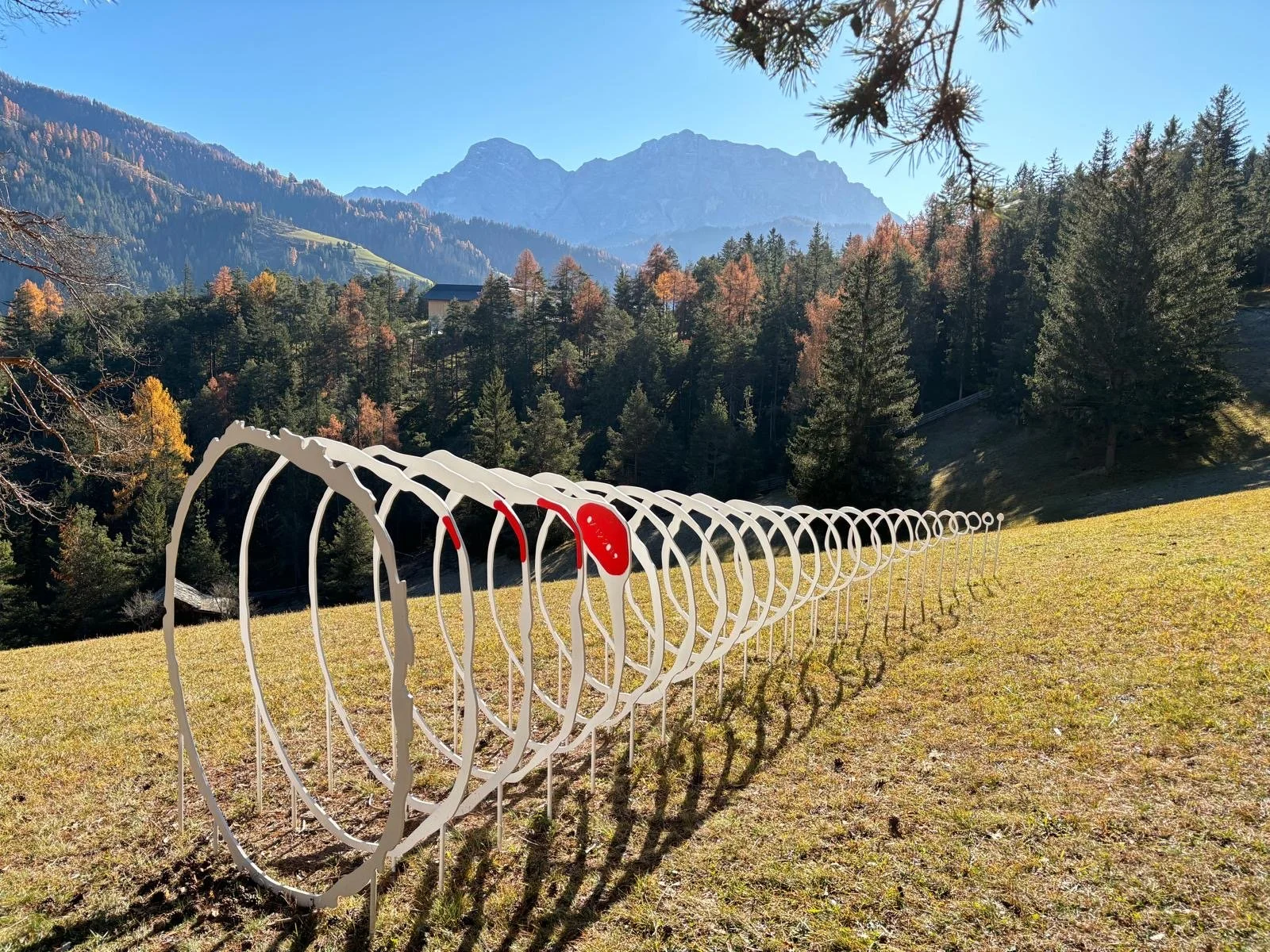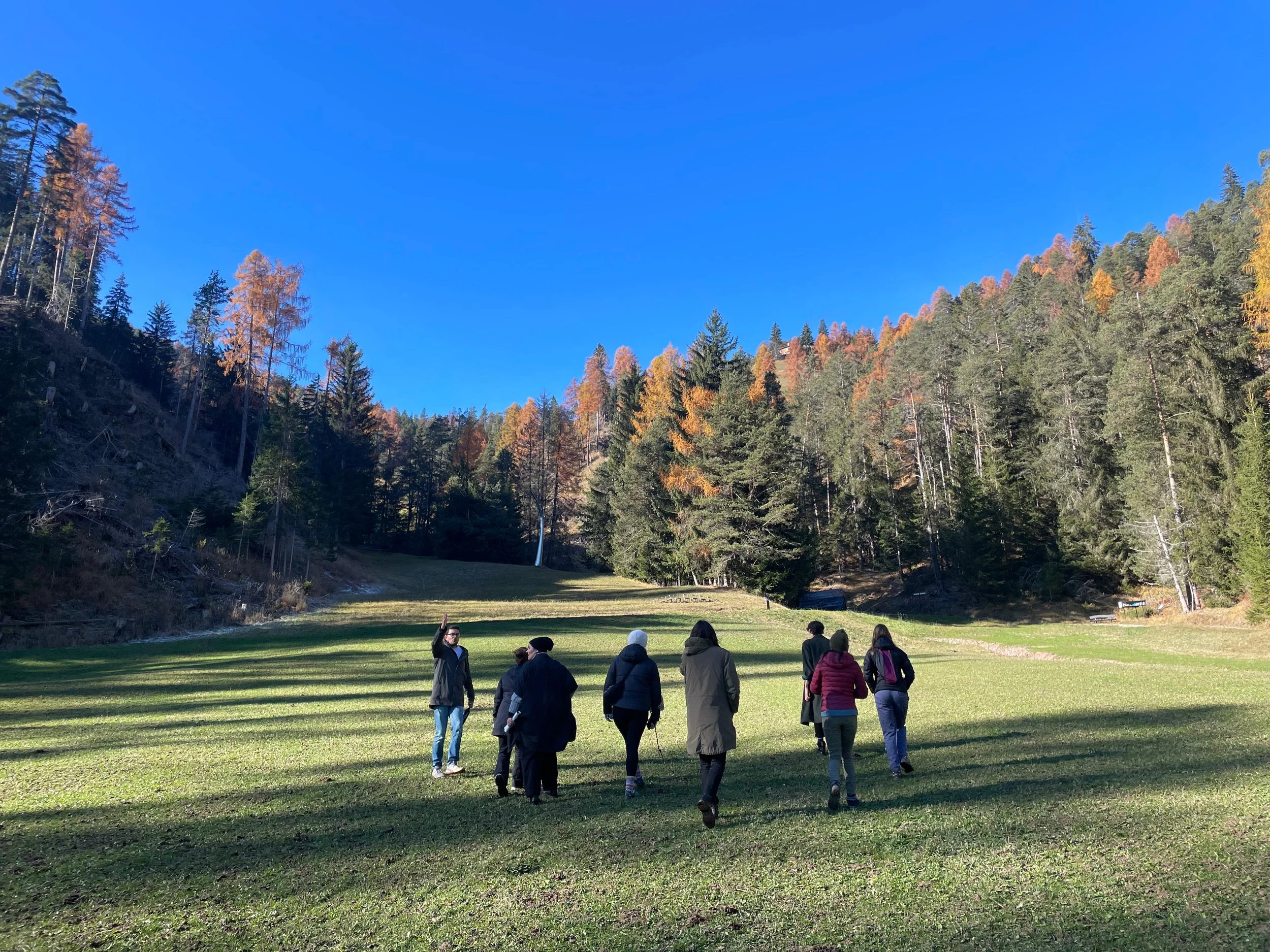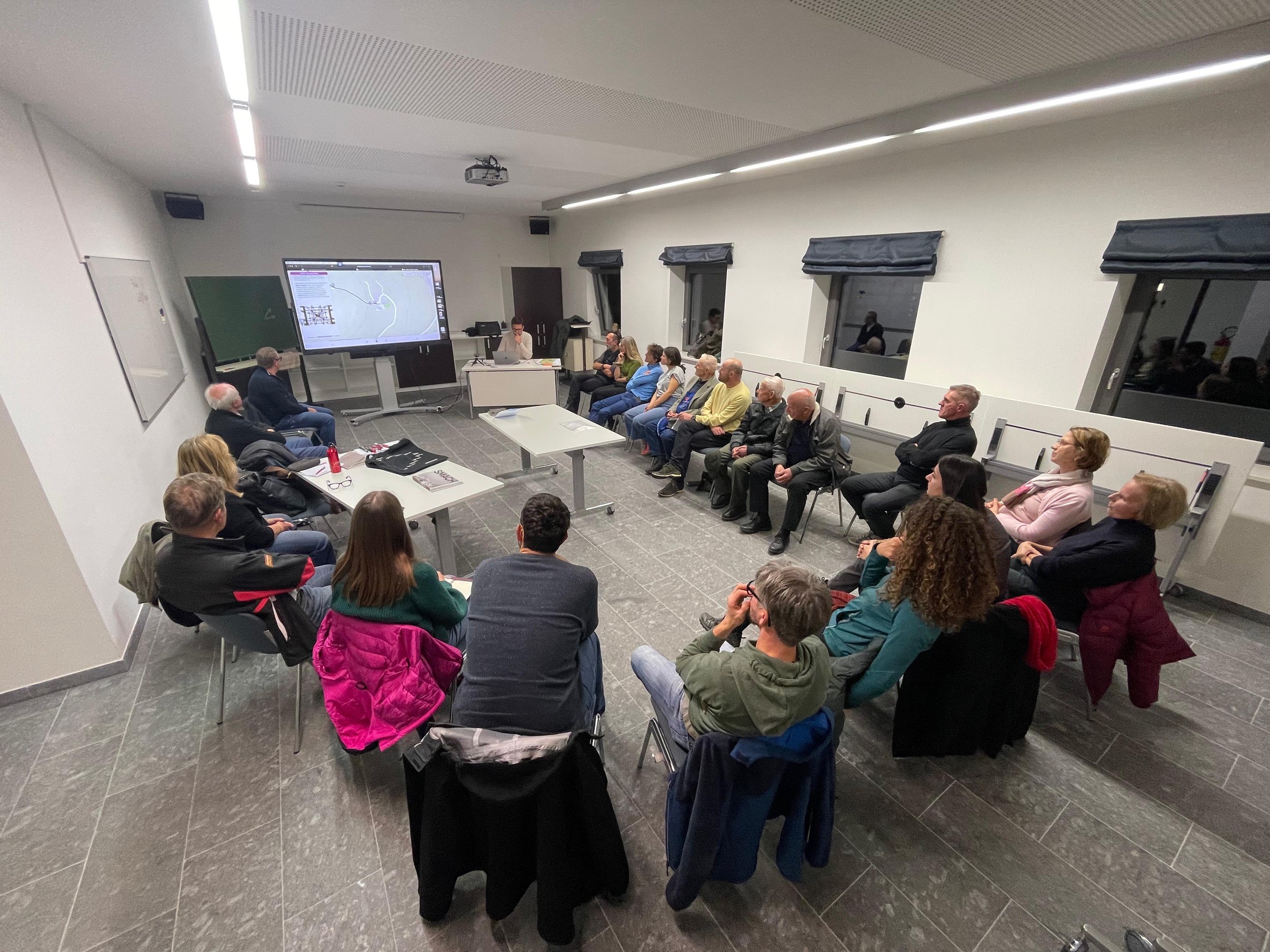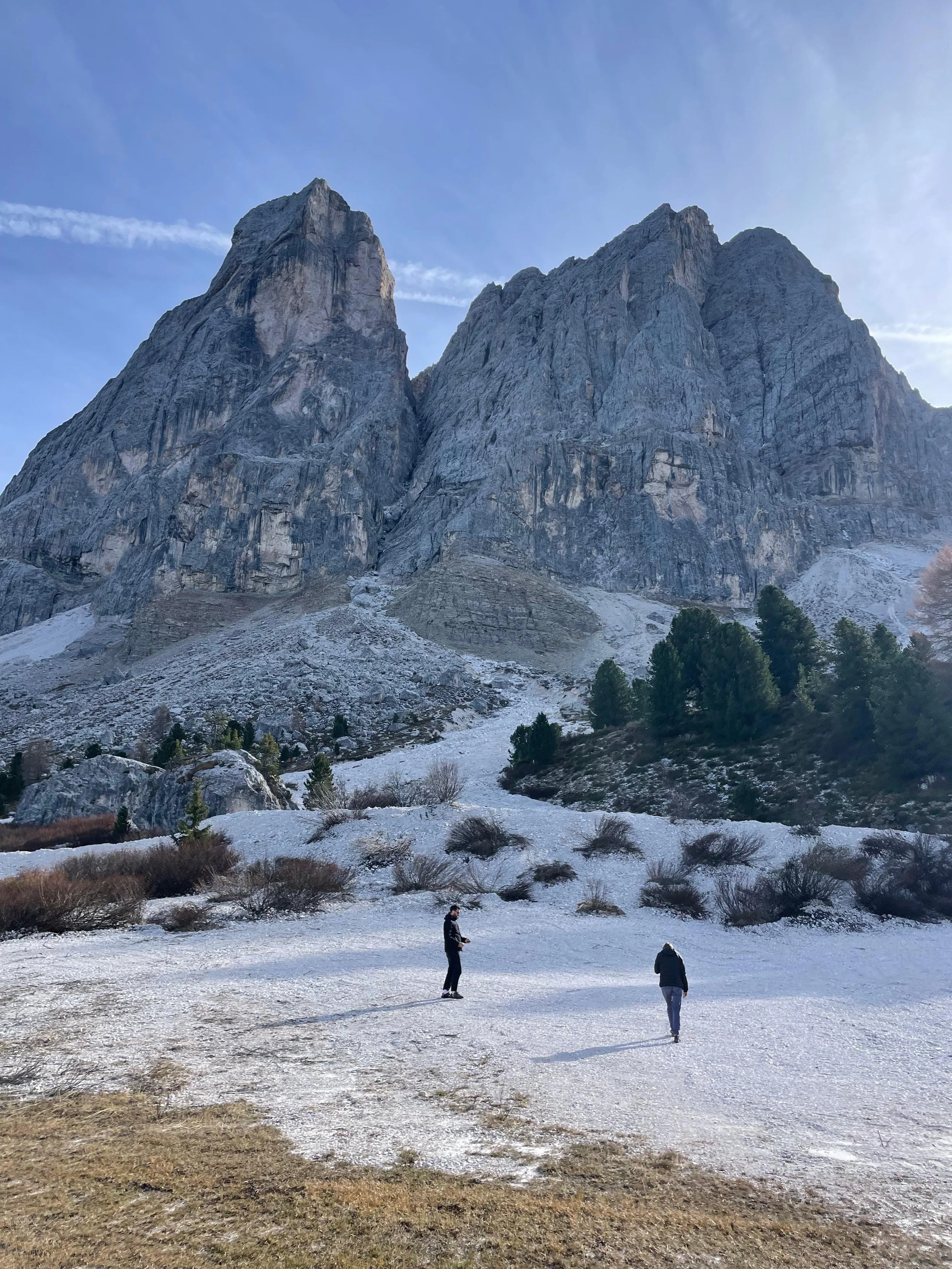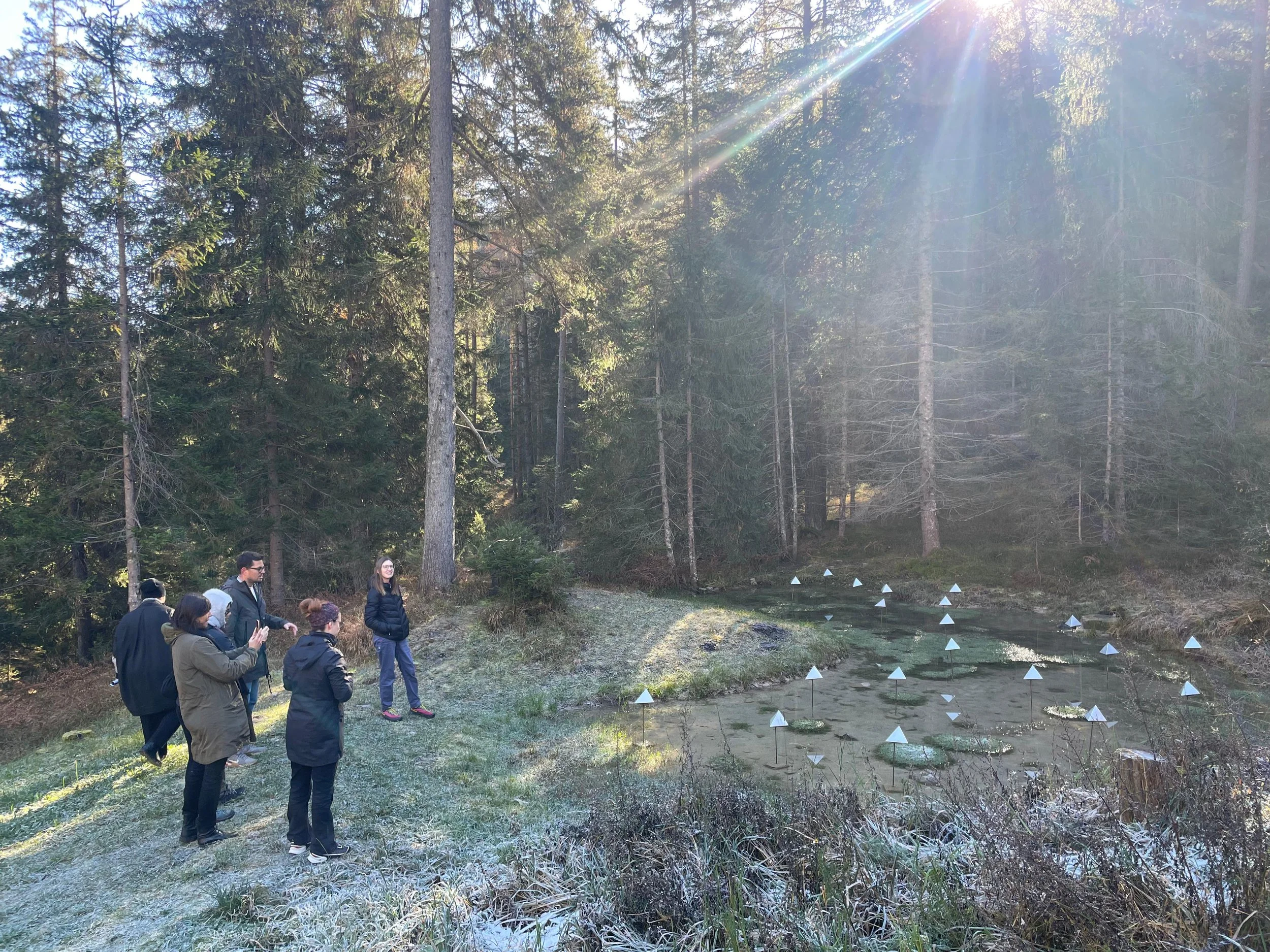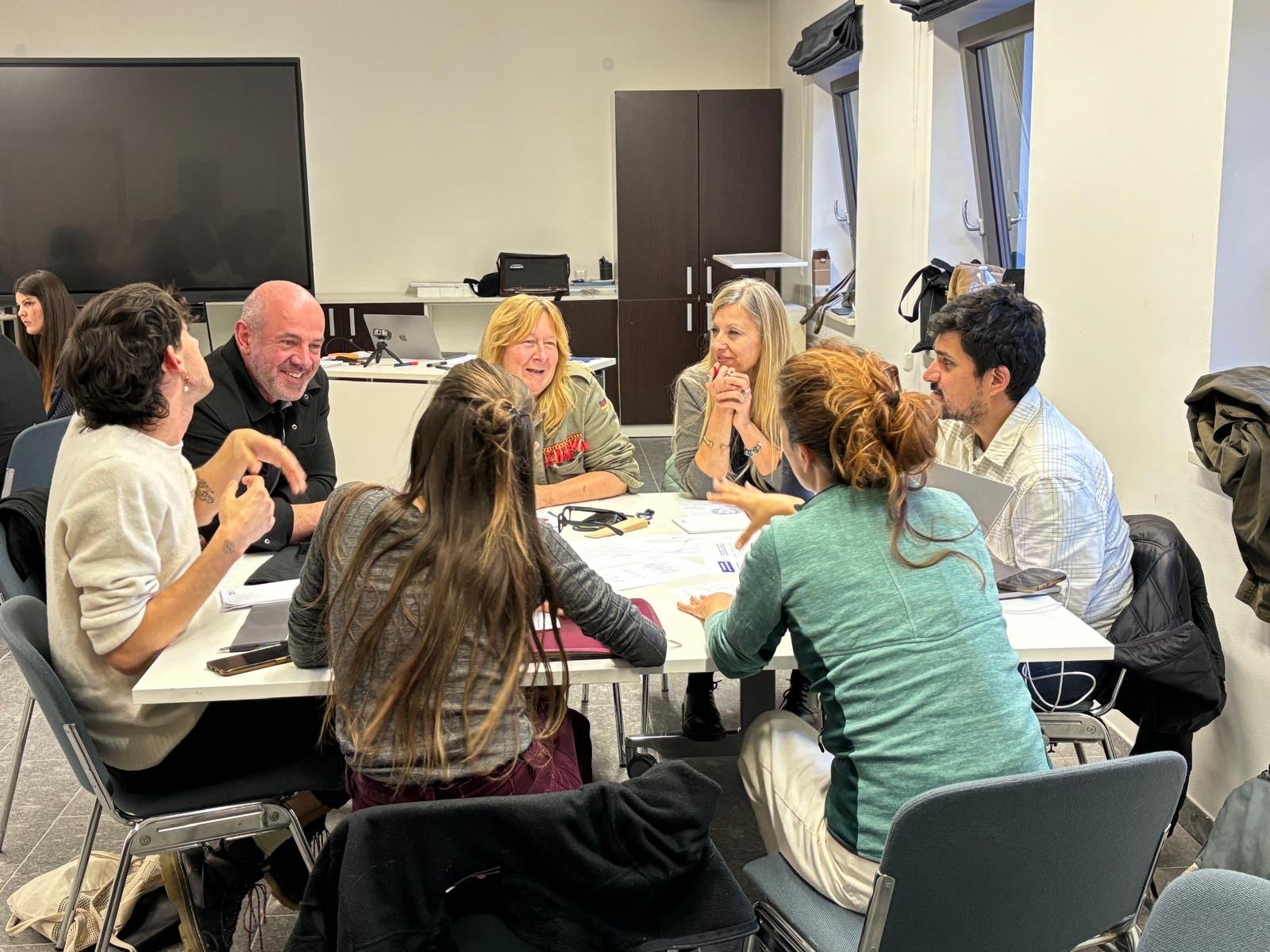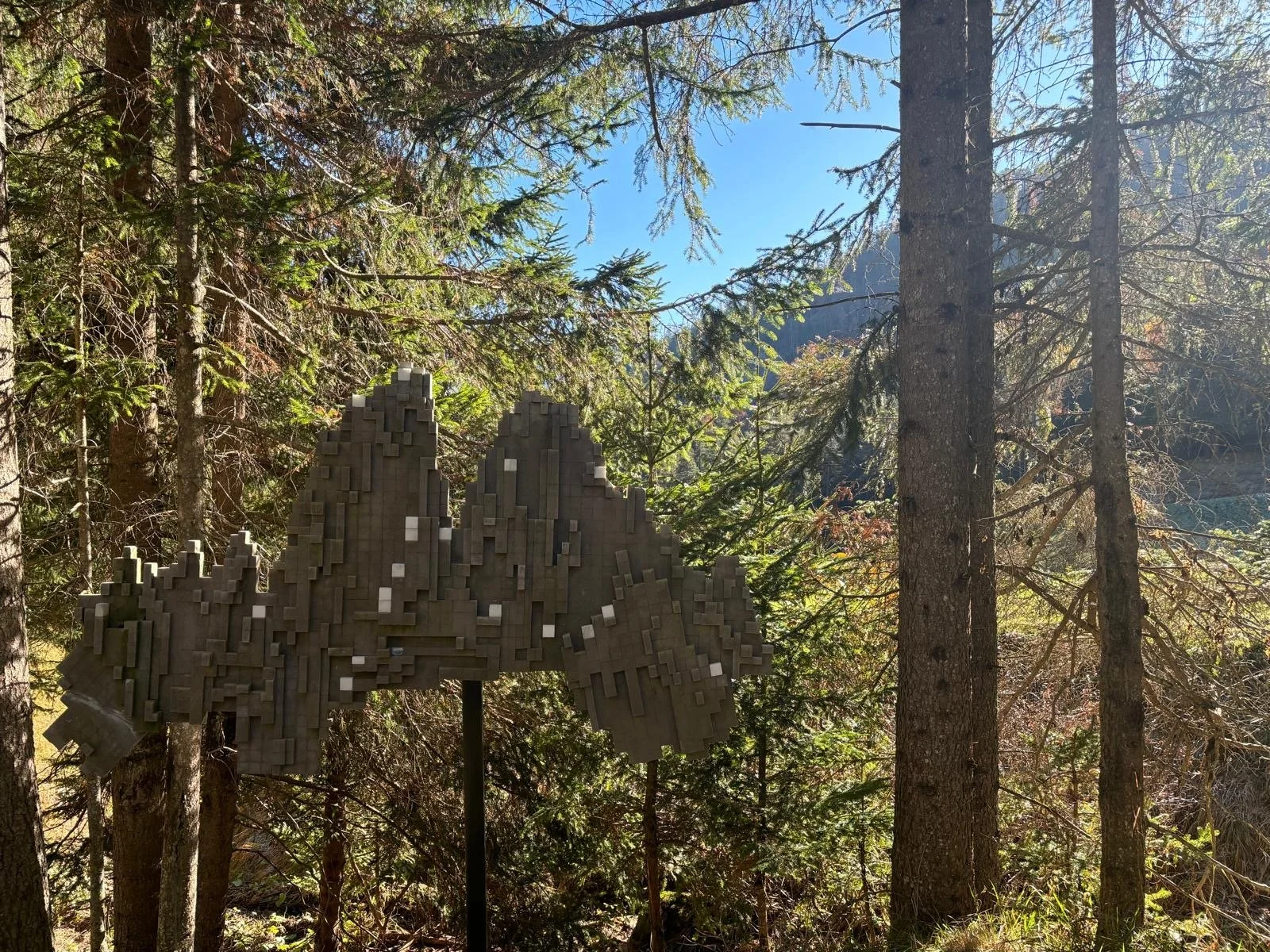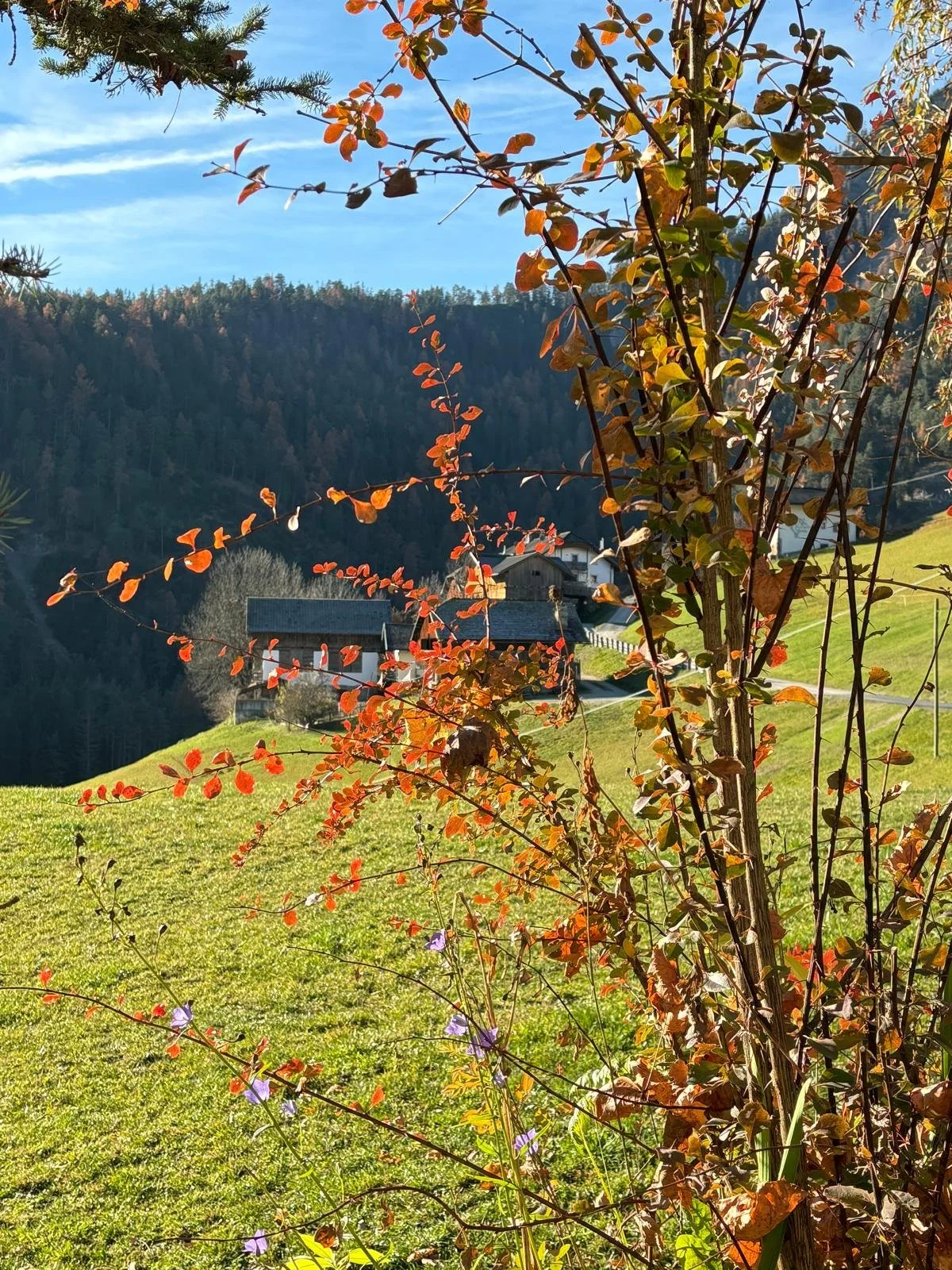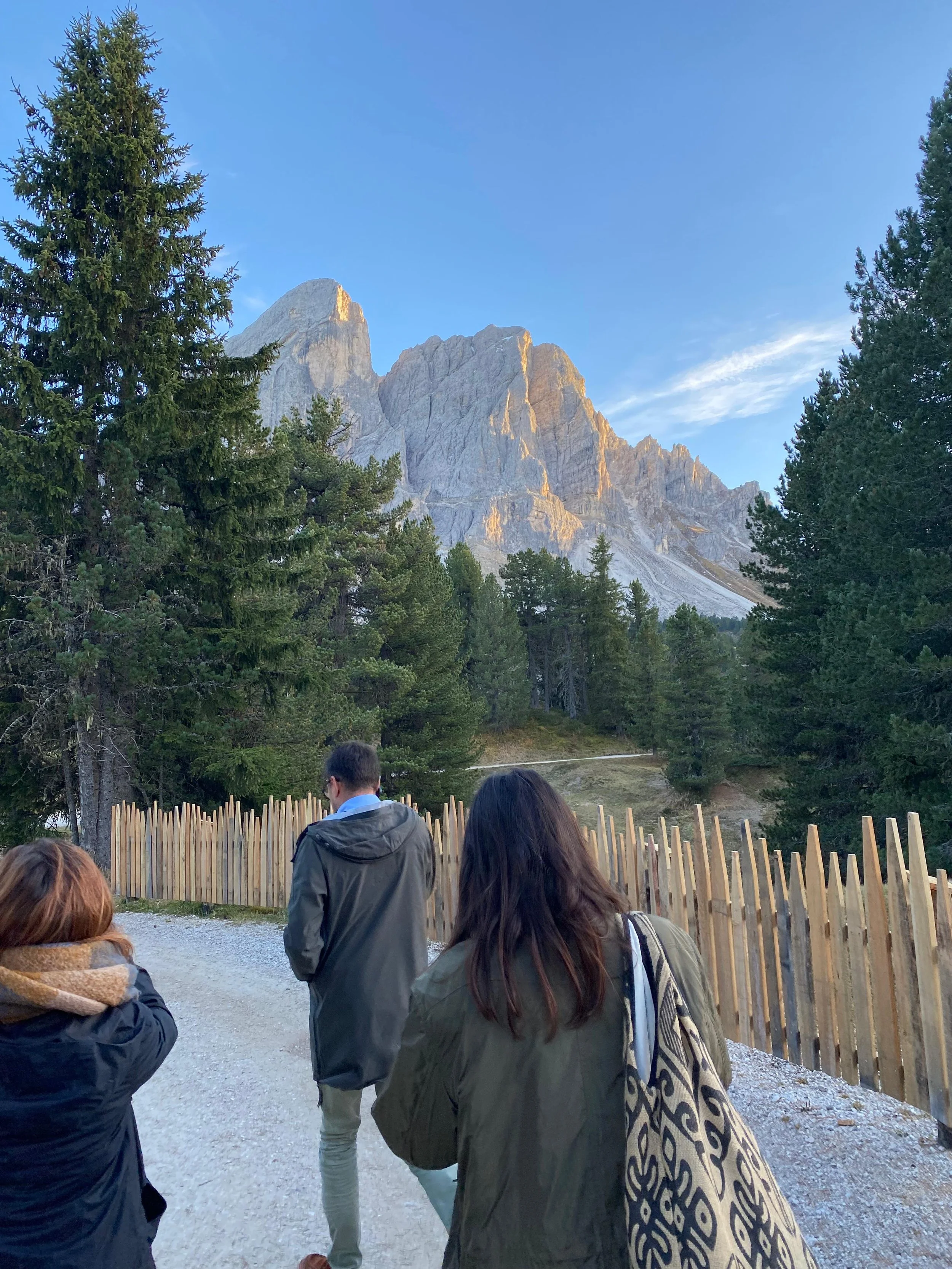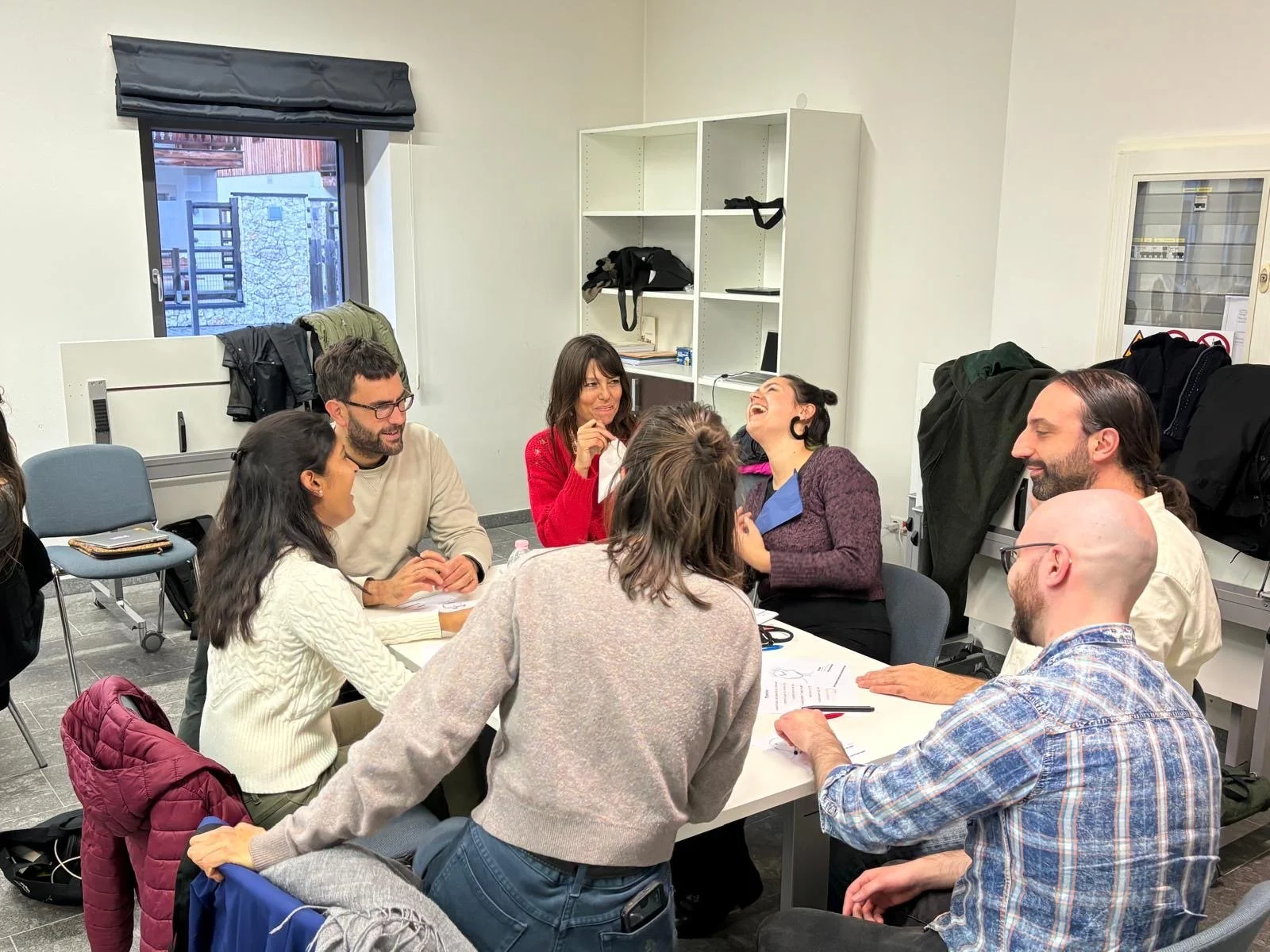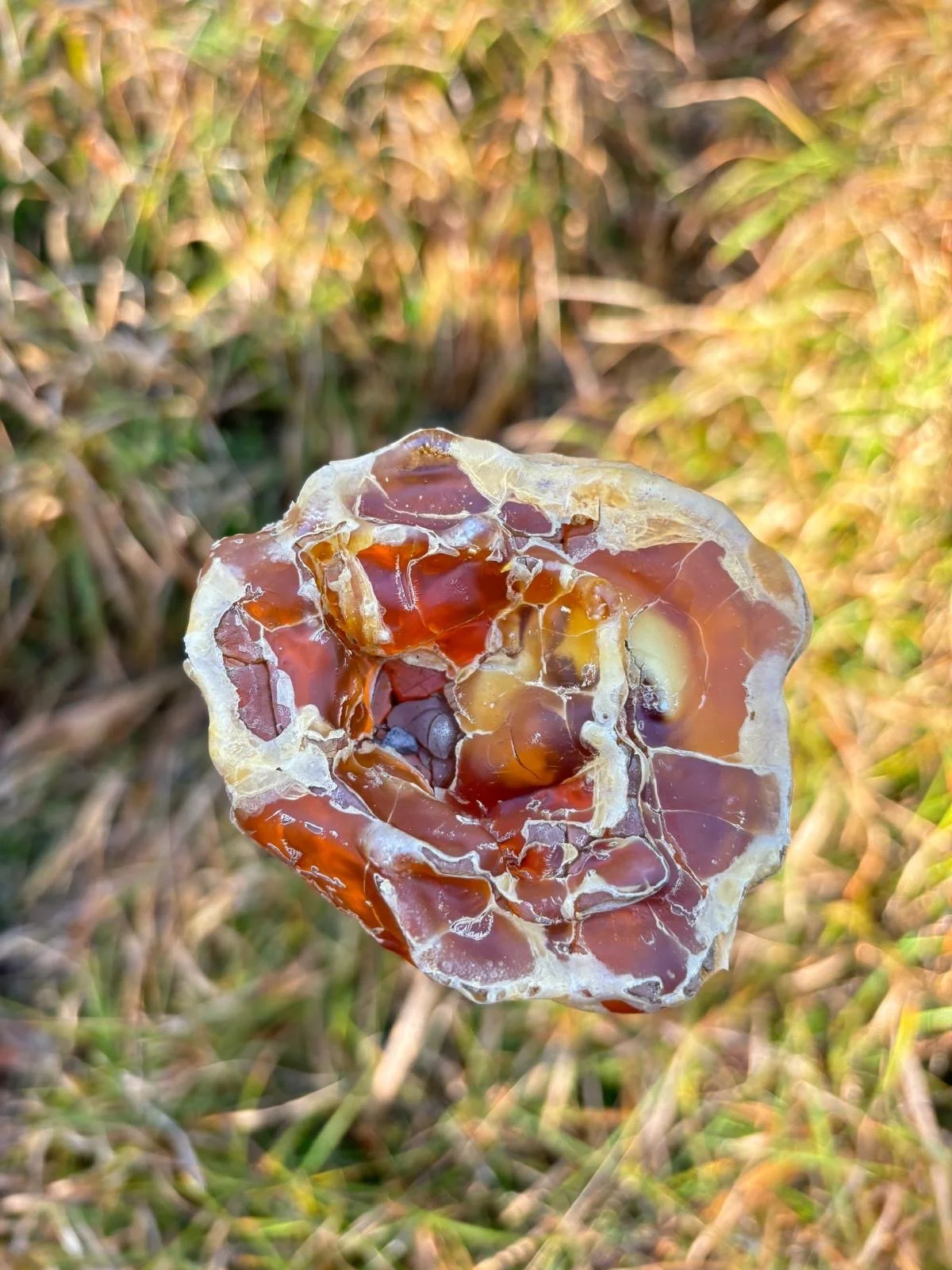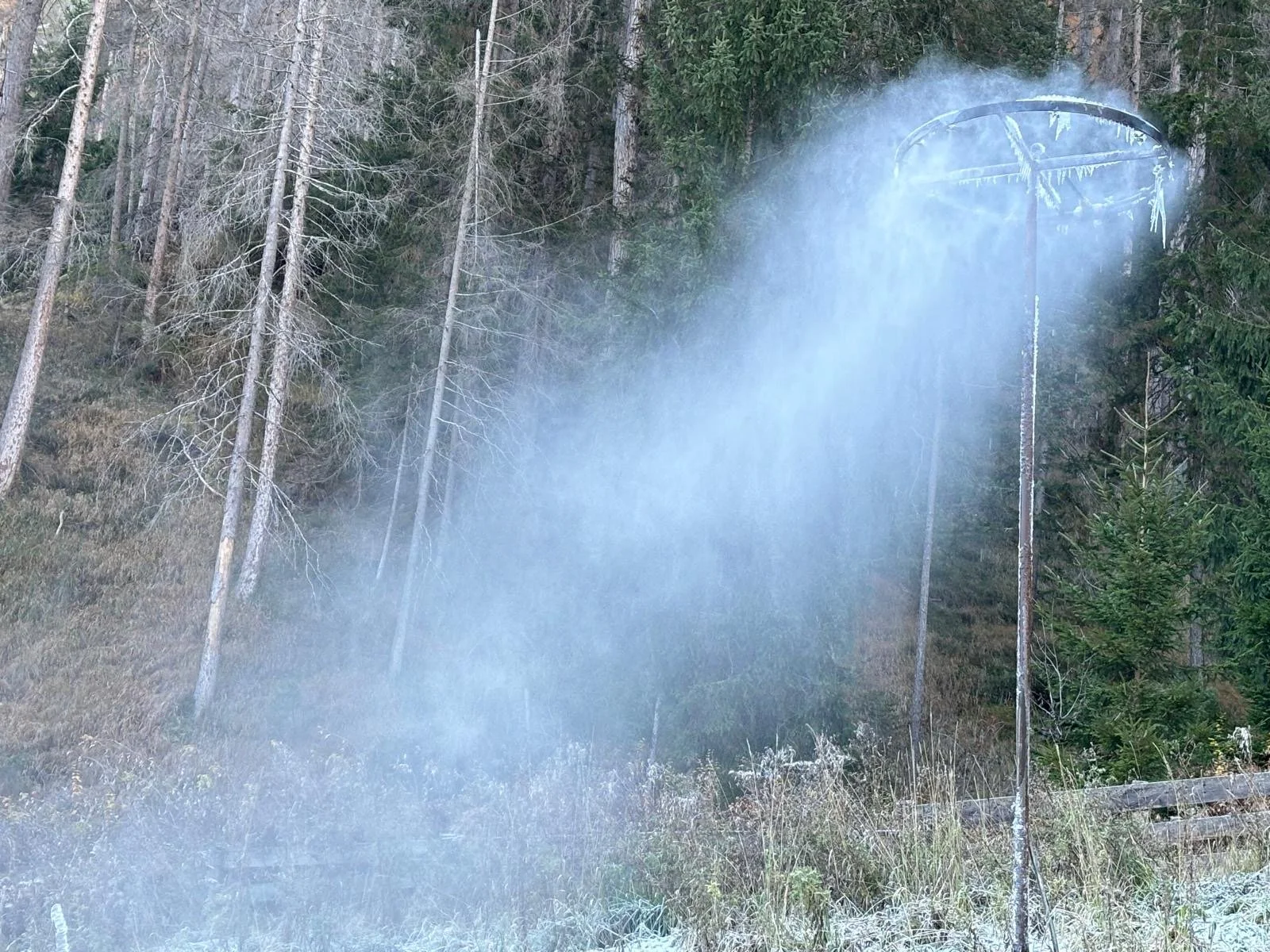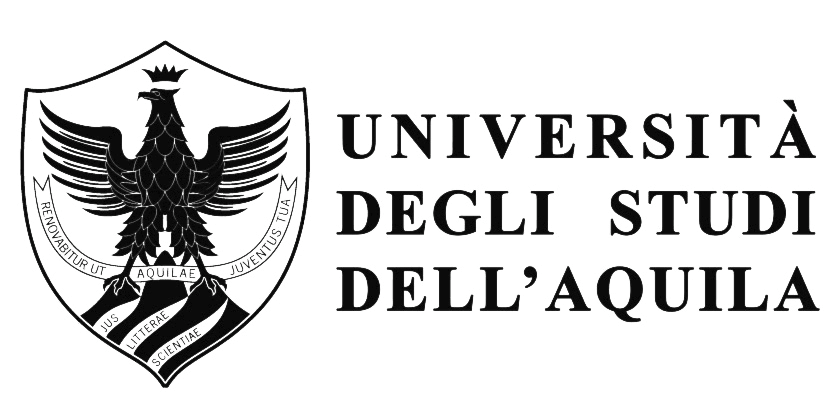CHILD – Cultural Heritage, Identity and Local Development
CHILD aims to be a school dedicated to discussing issues related to cultural heritage and providing participants with the tools to develop their own projects within the relevant territorial contexts, supported by professionals in the field.
CHILD aims to develop tools for a conscious design of cultural heritage, promoting local and international networks to enhance its use. The goal is also to encourage initiatives to preserve a heritage that is often neglected. Guided by experts, participants will analyze key themes and work on a sustainable territorial development project. The Dolomitic edition will explore the principles of the Faro Convention as a framework for cultural and social regeneration, creating models of sustainable tourism and inclusive processes.
Cultural heritage represents a central element of aggregation and participation. Recognizing its value implies understanding meanings and fragilities, with the community as an active protagonist in safeguarding and promoting socio-economic development. The Faro Convention highlights the collective responsibility in enhancing cultural heritage, involving museums, sites, and traditions. The Child School explores the role of heritage in mountain areas, fostering regenerative and participatory models for cultural and territorial development. The activities of the Child School, divided into sessions, take place in San Martino in Badia, with lessons and workshops conducted by experts.
More projects of the Cultural Hub:

